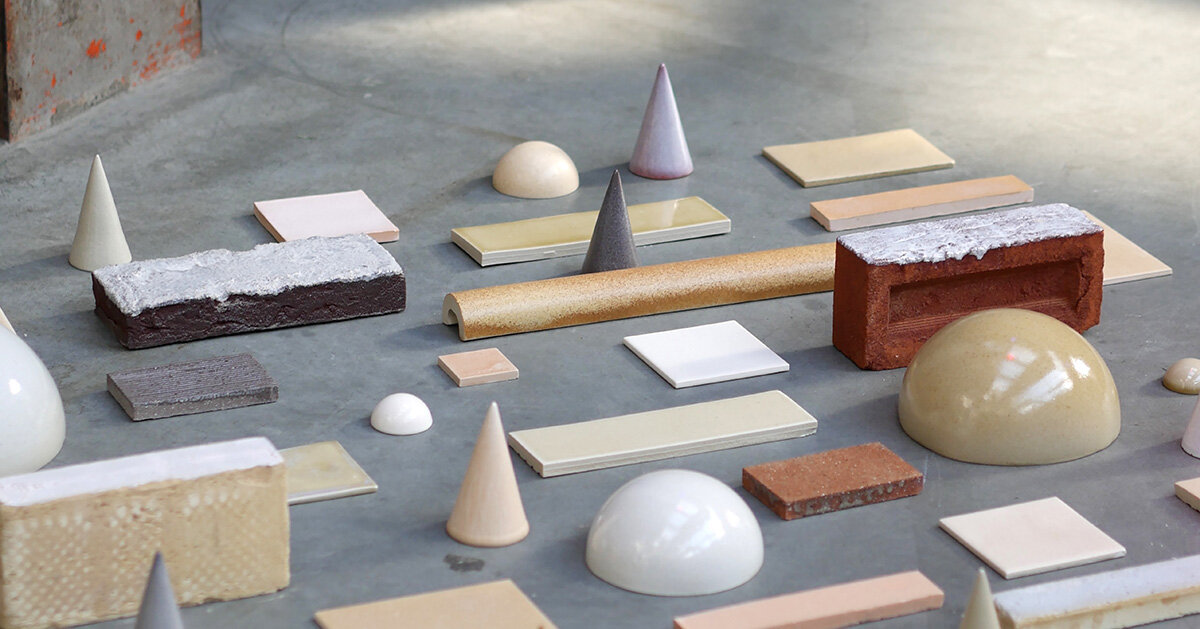
"At Custom Lane in Edinburgh, Doyenne Studio presents Feminine Literacy, an exhibition that repositions the word feminine as a design methodology with real systemic weight. Rather than associating it with style or softness, the curators describe it as 'an approach that is collaborative, decentralized, non-linear, fluid, empathetic, and holistic,' a definition that threads through the work of the 28 women and non-binary international designers featured across fashion, product, material innovation, and system design."
"The showcase positions feminine literacy as a critical, future-oriented lens for working with materials, ecosystems, and communities, bringing together a wide range of works that translate these ideas into material and systemic experimentation, from ceramics made of industrial waste and endlessly recyclable biotextiles, to garments activated by bioactive organisms, regenerative British fibres, and chitosan-based biomaterials rooted in Galician craft. The exhibition spans mouth-blown Palestinian glass, acoustic tiles grown from plant roots, oyster-shell-based concrete alternatives, and clay structures shaped by natural geometries."
"It also highlights projects that address social inequities and care, whether through inclusive glassware, sensory garments for neurodivergent children, feminist welding spaces, adaptive uniforms, or speculative tools for intimate self-care. In conversation with designboom, Doyenne Studio co-founders Giulia Angelucci and Mara Bragagnolo reflect on why this shift feels urgent now. 'Design has detached itself from interconnection,' they tell us, 'so now more than ever a life-giving approach is needed.'"
Feminine Literacy reframes feminine as a design methodology characterized by collaboration, decentralization, non-linearity, fluidity, empathy, and holism. The show features 28 women and non-binary international designers across fashion, product, material innovation, and system design. Works translate the methodology into material and systemic experiments including ceramics from industrial waste, endlessly recyclable biotextiles, garments activated by bioactive organisms, regenerative British fibres, and chitosan-based biomaterials rooted in Galician craft. Installations include mouth-blown Palestinian glass, acoustic tiles grown from plant roots, oyster-shell-based concrete alternatives, and clay structures shaped by natural geometries. Projects address social inequities and care through inclusive glassware, sensory garments for neurodivergent children, feminist welding spaces, adaptive uniforms, and speculative intimate self-care tools. The approach centers regeneration, interconnection, and community-oriented practice.
Read at designboom | architecture & design magazine
Unable to calculate read time
Collection
[
|
...
]